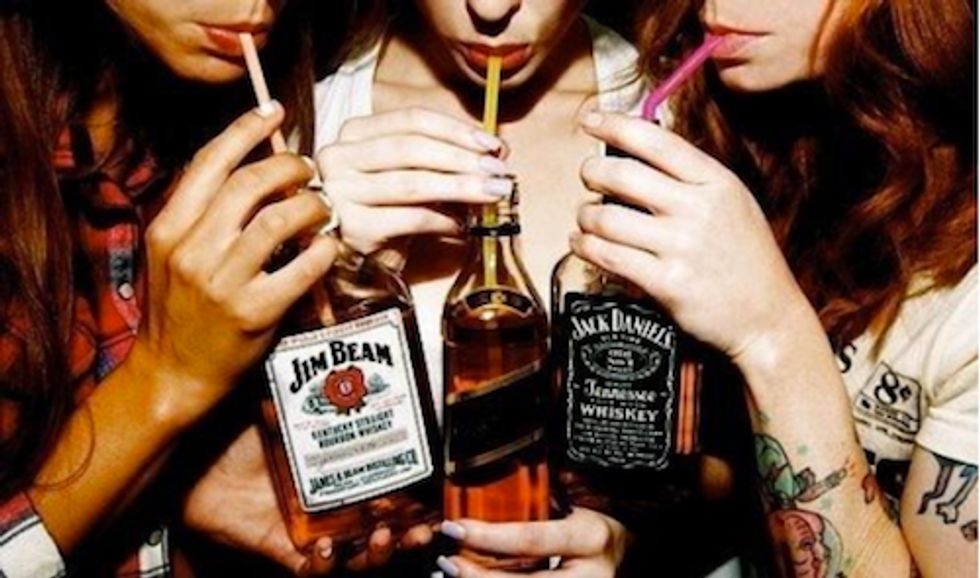Universities across the nation have enacted a policy that bans the consumption of alcohol on campus grounds whether students are over the legal drinking age or not. This ban makes the college what is called a “Dry Campus.” The purpose of this policy is of course to limit the amount of underage drinking, drinking and driving, and binge-drinking. However, is this policy really more detrimental than helpful?
As shown with the University of Kentucky, enacting a dry campus policy does not eradicate the problem of drinking (underage or not); it only pushes it off campus. By pushing alcohol consumption off campus, people that would otherwise just choose to have a beer in their room are now in situations such as parties where binge-drinking and sexual assaults have become prevalent. It is far more safe to drink in the confines of your own residence than to go out where you will possibly be pressured to consume more alcohol than usual or engage in acts that may make you uncomfortable. Some people will choose to drink their alcohol at bars or pubs instead of parties; however, a problem with that is that drinking and driving is more likely in that situation, and if they decide to walk home they may fear assault or mugging.
On some campuses, such as my own, students are required to live on campus for the first three years that they are enrolled. That means that most of the students are required to live on campus when they are past the age of 21. These students have no option to live off campus where they can legally consume alcohol, and if they follow the rules and drink off campus, they can still get in trouble if they are seen intoxicated walking back to their place of residence on campus. What this means is that the university is essentially prohibiting the consumption of alcohol by any of these people unless they drink alcohol and then stay somewhere off campus for the night; they can’t come back home lest they’ll get written up for doing something completely legal practically anywhere else in the country.
Similar to abstinence-only education in public schools, abstinence-only alcohol policies at Universities leave students uneducated on the matters of responsible alcohol use. At Penn State, they found that the enactment of a dry campus policy did not significantly decrease reports of intoxicated students. If students want to drink, this policy will not deter them. They will just be more secretive and put themselves in potentially dangerous situations to consume alcohol. As seen during the time of prohibition, banning alcohol only makes matters worse, and the concept of a dry campus is no better.
















